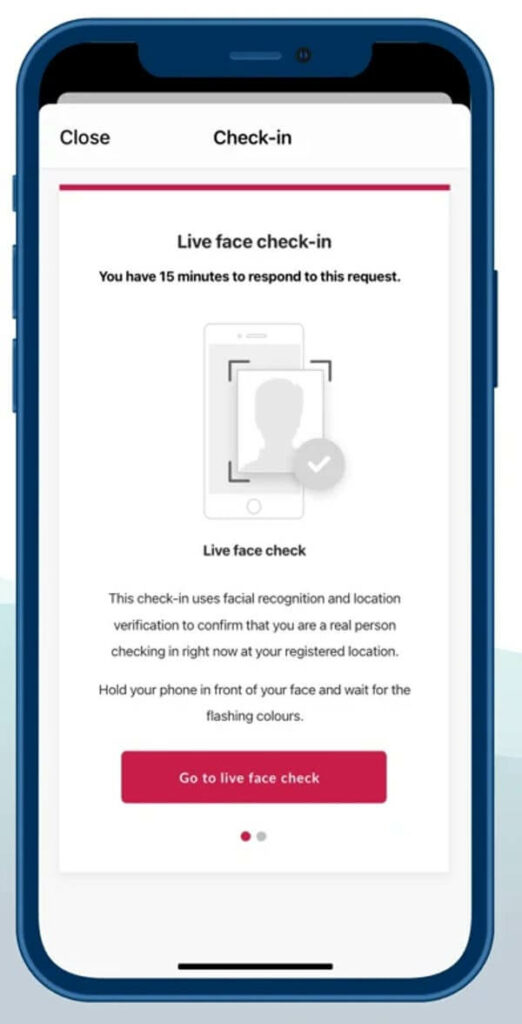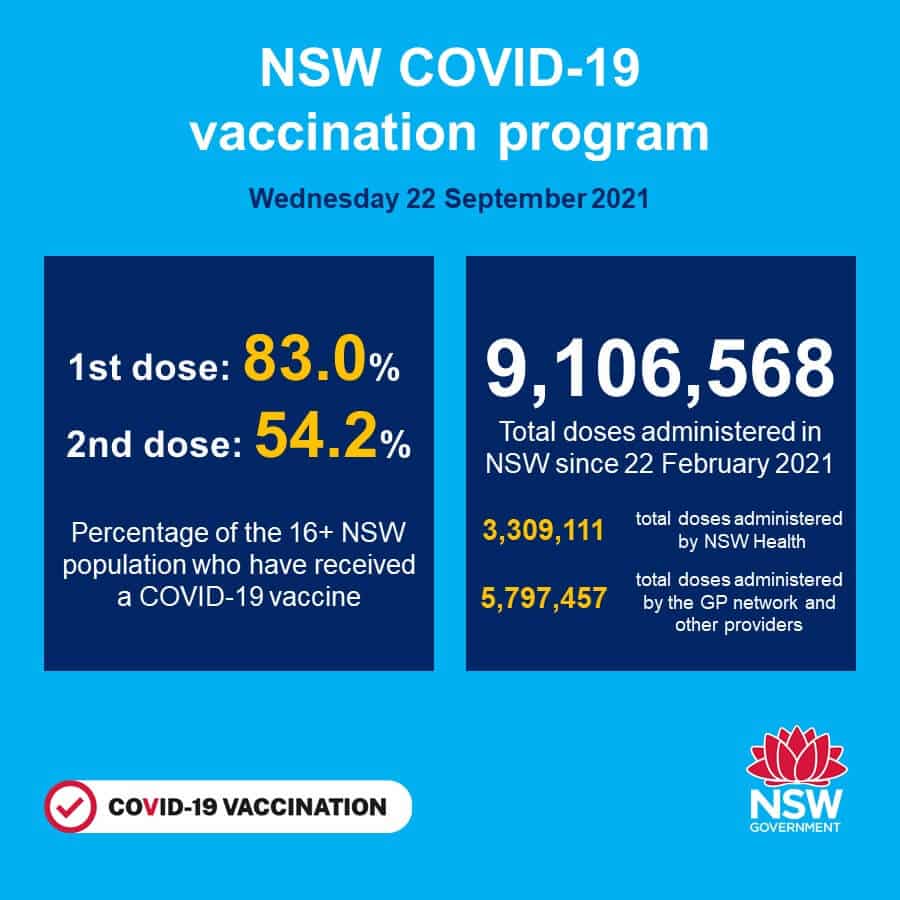New South Wales premier Gladys Berejiklian has announced that the state will trial a new weeklong home quarantine for Australians returning from overseas. The trial, expected to start in the next few weeks, will be the first time overseas returnees are able to avoid hotel quarantine.
The trial program will be a collaboration between the NSW state and Commonwealth governments, and will comprise 175 people. Participants will come from a variety of demographics, said NSW Minister for Tourism Stuart Ayres, including “families, singles, older people, younger people, people in different forms of work.”
Participants will be escorted to their homes from the airport and will have to self-isolate at a designated home address. Minister Ayres has said the trial will test “different types of accommodation, apartments and homes,” in order to maximise the reliability of the trial’s results.
Compliance checks will be carried out through an app, using a combination of geolocation and facial recognition. Users will have to respond to random checks with a ‘selfie’ check-in at their stated home quarantine address.

All participants must also be fully vaccinated with a TGA-approved vaccine –AstraZeneca, Pfizer, Moderna or Johnson & Johnson. Children under twelve are eligible for inclusion, as long as all other members of their households over twelve are fully vaccinated.
As NSW passes 50% of over-sixteen’s fully vaccinated, the trial provides a glimpse into the government’s vision for the future. More changes to the international border policy are expected once the state reaches 80% double-dosed, expected to be in November.

NSW is not the first state to trial home quarantine. Interstate travellers arriving in Western Australia from states other than NSW have been able to home quarantine, using the app that will be implemented in NSW.
South Australia has also been conducting a similar trial since the 23rd of August, first with interstate travellers and then with overseas returnees. Some Victorians returning from the NSW border region have been allowed to home quarantine. Tasmania will begin a trial for residents returning from regional NSW imminently, and Queensland Premier Palaszczuk has said the state will consider home quarantine when its vaccination rates rise.
Home quarantine has its benefits. Understandably, it’s easier on one’s mental health, especially with NSW’s shortened isolation period of the trial. It allows the state to expand its quarantine capacities.
It’s also much cheaper. Home quarantine saves the government an estimated $7,000 and individuals more than $2,000.
Some commentators have also pointed out that hotel quarantine is obsolete at a time when the virus is circulating so freely in the community. After all, the purpose of hotel quarantine is to prevent potential infections getting into a community with low rates of COVID transmission.
Using an app to check quarantine compliance eases the burden on compliance officers. But facial recognition comes with a lot of dangers. These home quarantine apps don’t come with sufficient legal safeguards, and the introduction of this kind of AI-based technology could open doors in the future that should remain closed.
For a closer look at the problems with these apps, stay tuned for a Part 2 tomorrow.
Cover photo courtesy of Priscilla Du Preez on Unsplash.
Follow Maddie’s journalism journey on Twitter.